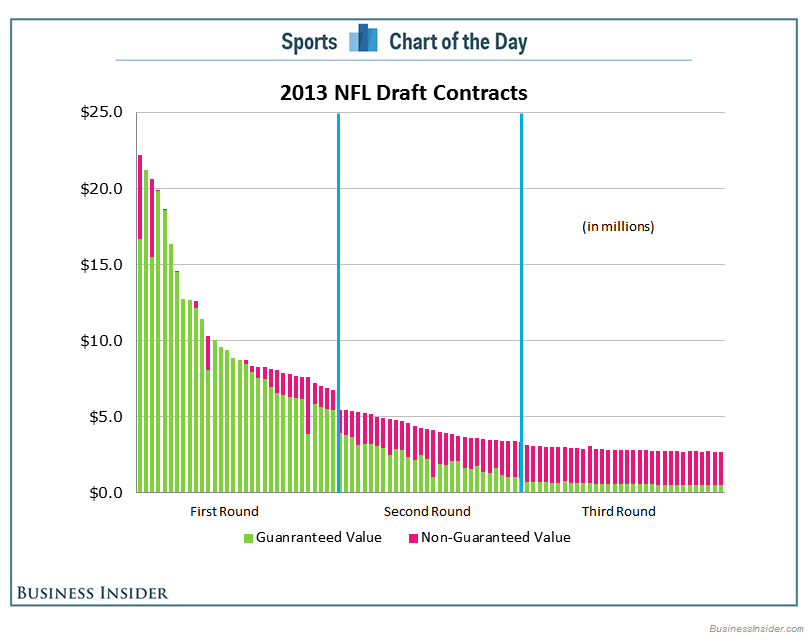I’m headed out to Park City, UT on June 1st to be part of HireVue’s first ever Digital Disruption 2014. Semi-User Conference, Semi HR Tech Trends Conference, one of the more intriguing agendas filled with practitioners from across industry. The keynote will be the famous Moneyball guy Billy Beane – remember the Brad Pitt and Jonah Hill movie about baseball and selection metrics, that Billy Beane. He was really the first guy to bring selection metrics to the forefront of what we in Talent Acquisition now use daily. He did it to get the best baseball team possible, using the smallest payroll possible, to stay competitive in a world of competition willing to spend whatever it took. Sound familiar to your own industry!?
I’m looking forward to seeing him talk, again. The first time I ever saw Billy speak was the day after the Oscars when Moneyball, and it’s actors, were up for a number of awards. He had great stories from that, plus his normal presentation on metrics. That was a few years ago. Things have evolved, as has the emphasis of everyone now using the same metrics. So, now what? What do you do when those who have more money than you, now are also using your metrics as well? My guess is you get back to strategy and culture, and make sure you follow it, like crazy! It should be very interesting.
On a side note, ERE recently released their annual ‘State of Recruiting‘ study. You know what they found out? You don’t like to be called ‘Recruiting’. In fact, the majority of you prefer to be called ‘Talent Acquisition’. Did you know that? It’s uncomfortable to me. I like to shorten everything. I like to simplify. So, going from one word to describe something, to two words to describe something, seems totally ridiculous! I can’t tell you how much of a pet peeve this is to me. It’s like when someone named “David” or “Michael” demands you call them by their full name instead of “Dave” and “Mike”. I hate those guys! What do you mean you want me to use two syllables when I can only use one! I demand efficiency!
My guess is people who do this type of business for a living, on the corporate side, felt like they needed two words to keep up with Human Resources. “Well, if they have two words in their department name, we need to words in our name as well!” No one would admit this, but in reality, it’s how this stupid stuff happens. There is actually nothing wrong with calling Recruiting, Recruiting. HR use to be ‘Personnel’, but had to change it because ‘Personnel’ just didn’t encapsulate what ‘we’ really did. Now, even ‘Human Resources’ is coming under fire from progressives because we shouldn’t think of our employees, our people, as ‘Resources’. They are People! So, you get these ridiculous titles like Chief People Officer and VP of People.
I hear you Recruiters. I know you want to be all big and fancy and “Talent Acquisition” seems so much more big and fancy… But you aren’t kidding anyone. You’re still a recruiter. You’re not ‘acquiring talent’, you’re putting asses in seats. Get over yourself, and get back on the phone.
I only bring this up because when I’m in Utah with the HireVue folks, I’ll be rubbing elbows with many ‘Talent Acquisition’ Pros. Talking about all the new cool trends in, well, Talent Acquisition (a little part of me just died). I think what Billy Beane will all remind of, though, is that while technology and analytics can disrupt any industry, you still need to have great vision, solid strategy and the courage to follow through with your plan.
My guess is that hasn’t changed as much as we like to change what we call ourselves!

